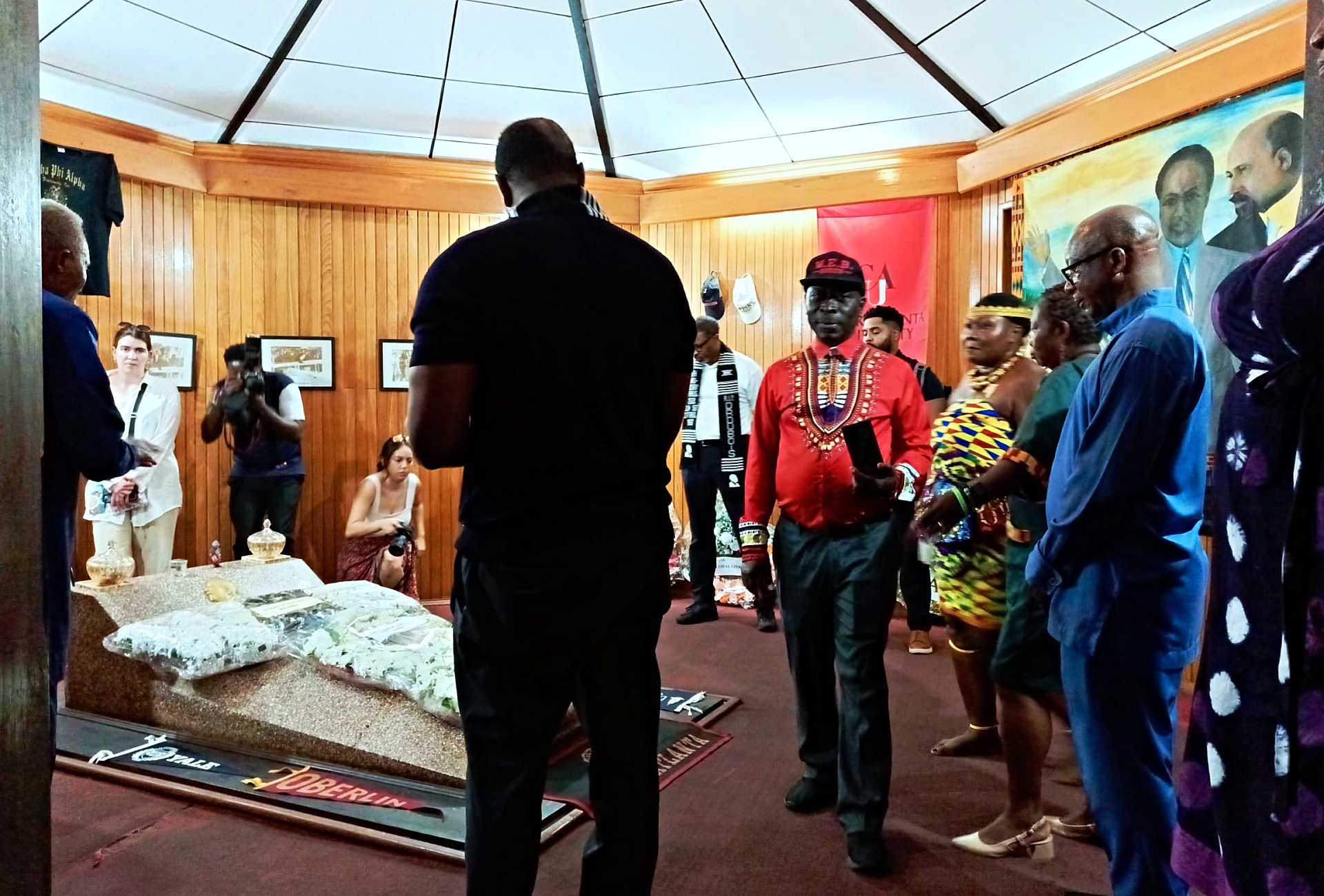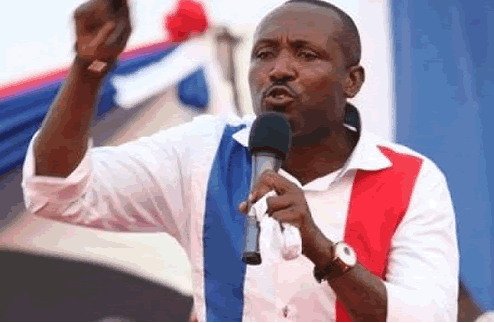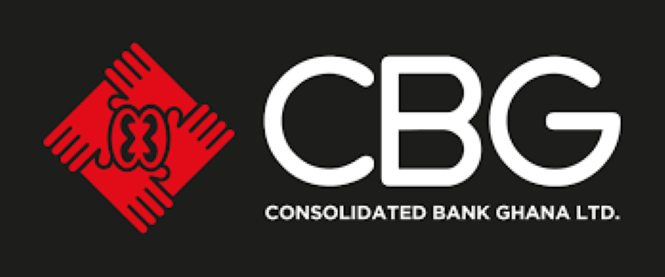

Ghanaian gospel musician Sonnie Badu has weighed in on US-based Ghanaian comedian and actor Michael Blackson's recent social media rants about his lost investments in the country.
In a recent interview, Sonnie Badu discussed the lack of royalty payments to musicians in Ghana following his colleague Joyce Blessing's recent remarks.
The gospel singer opined that this was a major issue confronting the entertainment industry across Africa. He called for systematic changes on the continent and referenced Michael Blackson's comments about Ghana.

Sonnie Badu stated that the US-based comedian's celebrity status lent credibility to his complaints and damaged Ghana's reputation on the international stage.
He noted that Blackson's grievances could discourage potential investors from coming to Ghana to make significant investments in various sectors.
He said: You just read what Michael Blackson said about what happened to him. Now, this guy is an international figure and everything he says carries a lot of weight. What he has done has damaged Ghana big time because what it is going to do is tell everybody not to go and invest in Ghana.

Michael Blackson attracted attention on social media after expressing frustration with the Ghanaian government.
The comedian revealed that he had purchased Eurobonds to fund his school in Agona Nsaba but suffered significant losses due to his investment in Ghanaian bonds.
Michael Blackson calls out Ghana's Government
The comedian, who had earlier spoken out about being robbed in Ghana, questioned why his comments had led to such a backlash.
“Let me get this straight, I decided to come home because of the love and passion I have for home but I get robbed, and since I don’t have the power to fight back, I decided to tell the world my problem, and now they threaten my people,” he stated.

Blackson also spoke about his investments in Ghana, particularly his decision to invest in the country's Eurobonds. He explained that he hoped the bonds' returns would help sustain the free school he built in Ghana, which requires $10,000 a month to cover operational costs such as teacher salaries, utilities, and other expenses.
Read Full Story














Facebook
Twitter
Pinterest
Instagram
Google+
YouTube
LinkedIn
RSS